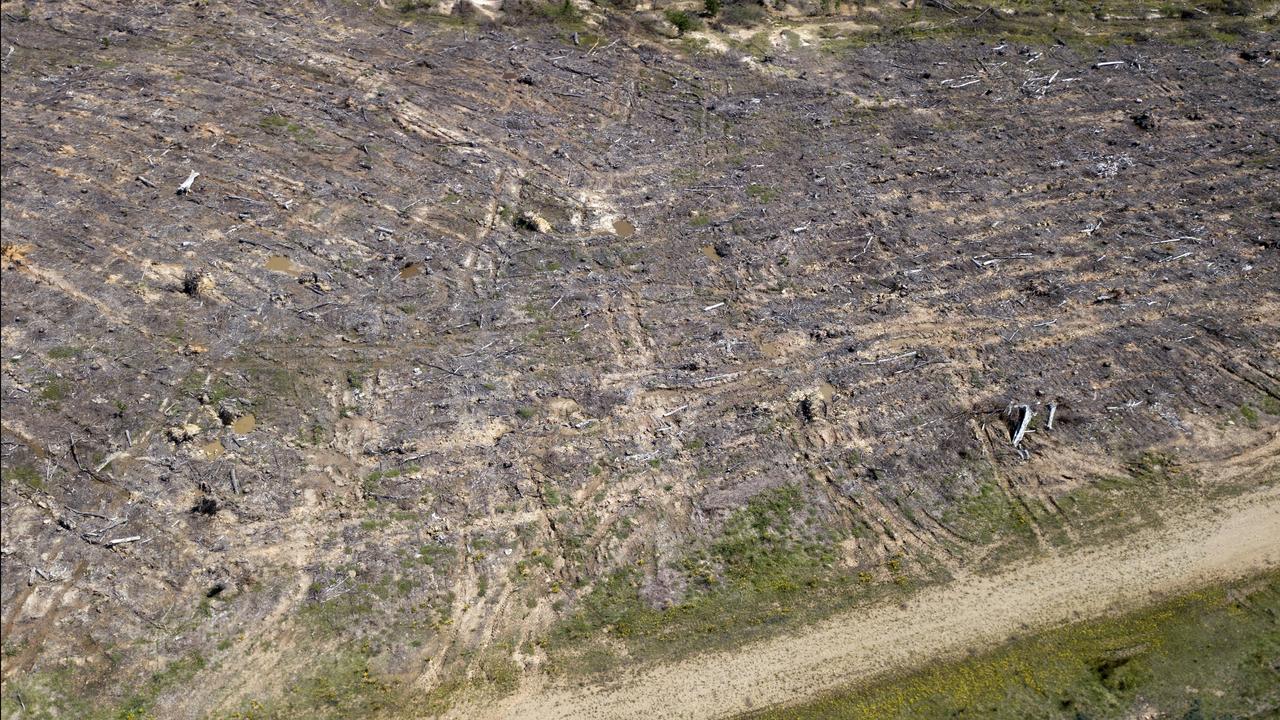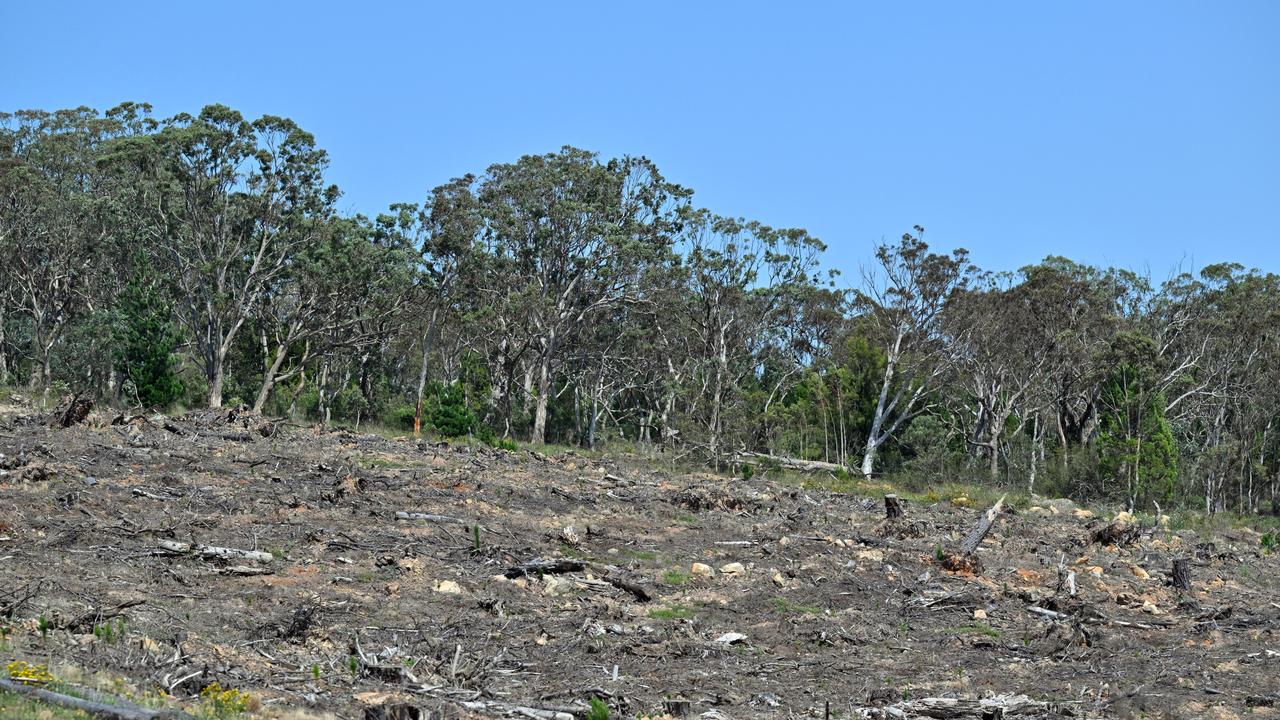Australian banks have been slow to trim exposure to deforestation, with big agribusiness players still found to be lending to bush-bulldozing businesses.
Two years on from the Australian Conservation Foundation’s first foray into the financing of destructive land clearing, a follow-up report points to sluggish progress.
Destruction of bushland for grazing, real estate and other development contributes to climate change and threatens species, such as the endangered pink cockatoo, as well as undermining Australia’s international commitments to halt and reverse biodiversity loss.
Deforestation also poses material risks to banks, ACF corporate responsibility policy analyst Audrey van Herwaarden told AAP.
Mature trees are important for soil integrity, she said, as well as protection from extreme weather.

Landowners with poorer soil and less productive land are more likely to miss repayments, manifesting as a credit risk to the bank.
Reputational risk are also at play, with landowners caught land clearing illegally forced to pay steep remediation costs.
The five big agribusiness players, ANZ, Westpac, Commonwealth Bank, National Australia Bank and Rabobank, were linked to cases of deforestation via mortgages over land titles in the 12 months from July 2023.
Bank loans through securities on title are a common method for financing deforestation but the environmental group stressed it could not be certain the loans were used for bulldozing.
Several mortgages were issued or reissued during or after the destructive landclearing had taken place, raising “serious questions about due diligence or, worse, wilful ignorance”.
Nearly half the cases might have been in breach of federal nature laws and the environment group had reported them to the relevant department.
“Our analysis shows banks still have a long way to go to mitigate the risks – and seize the opportunities – associated with their impacts and dependence on nature,” Ms van Herwaarden said.

NAB, a major agribusiness lender, was twice as exposed as its peers across the 100 cases of deforestation from around the country.
A spokesperson said the bank was addressing many of the report’s recommendations, including doing more to engage stakeholders and investing in geospatial tools.
“NAB is Australia’s largest lender to agriculture and we understand deforestation is a complex issue that requires collaboration across government, industry and landholders,” the spokesperson said.
As well as calling on banks to commit to eliminating deforestation from their lending portfolios – a move already taken by Westpac – the environmental group also wants government to step up.
A national strategy to end deforestation by 2030 is a key request, as well as executing on long-delayed reforms to broken nature laws.
Both Commonwealth Bank and ANZ pointed to their social and environmental policies that dictate how they support their customers to manage deforestation risks.
Australian Associated Press is the beating heart of Australian news. AAP is Australia’s only independent national newswire and has been delivering accurate, reliable and fast news content to the media industry, government and corporate sector for 85 years. We keep Australia informed.





